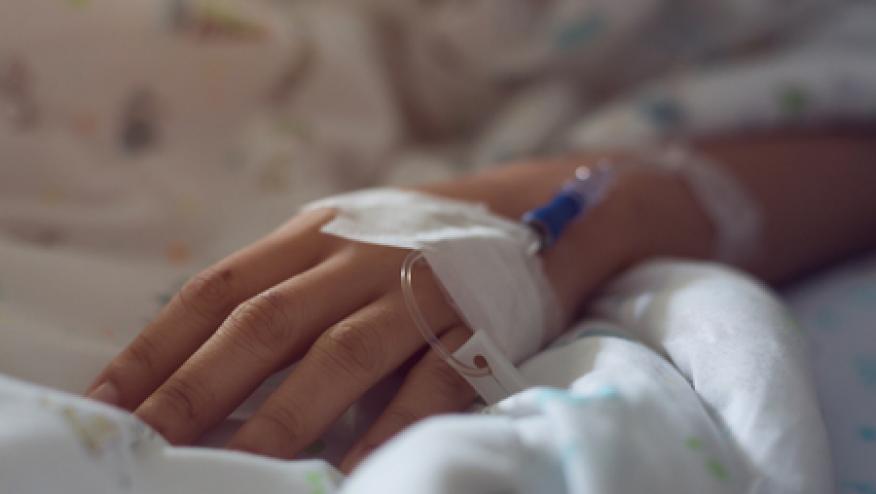Can "Ultra-low" dose Rituximab work for RA? Save

At day 3 of ACR Convergence 2021, the REDO trial presented data in abstract 1443 in an oral presentation challenging how low we can go with rituximab for rheumatoid arthritis. Their study randomized 118 patients with rheumatoid arthritis to 1000 mg, 500 mg, and "ultra-low" dose 200 mg. Patients received rituximab at the discretion of their treating physician, but generally at a standard 6-month interval in all groups. The patients had a mean follow-up of 3.2 years.
The study found remarkable persistence of therapy in all three rituximab dosed groups, with only 7 patients (6%) switching to another biologic or targeted synthetic medication during the study period. With this low event rate, there was no difference in ultra-low dose rituximab treatment failure compared to the other two doses of rituximab. Mean DAS28-CRP showed similar activity levels between the three groups with a mean DAS28-CRP of 2.3 in the 200 mg dose, compared to 2.2 in both the 500 mg and 1000 mg. Overall, use of glucocorticoid injections was 0.38 per patient year, and oral steroid initiation or escalation was 0.05 per patient year.
Though the hope would be to decrease infectious complications with ultra-low dose rituximab, this was not seen in the data as similar adverse events and infections were seen in the groups. Nathan den Broeder, the presenting author speculated that this was due to underreporting of adverse effects among all the groups.
Overall, this study shows exciting data that patients may benefit from a much lower dose of rituximab, a medication that has been linked throughout this Convergence conference to perils of COVID morbidity and impaired vaccination response. The REDO trial shows encouraging data that patients remain on rituximab ultra-low dose therapy with comparable disease activity scores to higher, traditional doses.
Further study into the lower dose is warranted, including data on B cell responses to this lower dose. Dr. den Broader told me that CD19 levels were checked in all patients in the trial in data that was not presented in the abstract session. He reports that the ultra-low dose rituximab effectively brought the CD19 levels to undetectable levels, though some patients may have earlier recurrence of CD19 levels.
The clinical effect of these findings, as well as the impact of an "ultra-low" dose on infection and vaccination response will be an important next step to translate this study into clinical practice.










If you are a health practitioner, you may Login/Register to comment.
Due to the nature of these comment forums, only health practitioners are allowed to comment at this time.